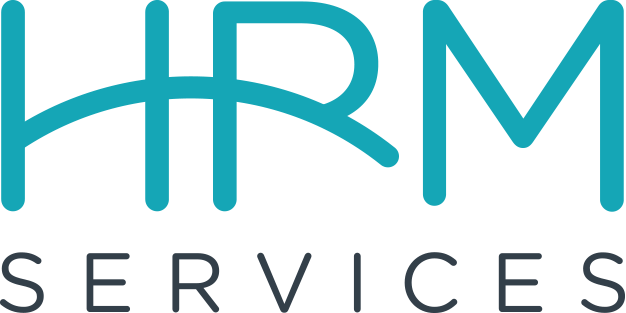
As we near the critical implementation date of Michigan’s Earned Sick Time Act (ESTA), it is imperative thatemployers stay updated with the latest information. This blog captures the status as of late January and notes that developments could still unfold before the February 21, 2025, effective date.
Legislative Developments Affecting Michigan Employers
Recently, the Michigan House passed significant amendments to the Earned Sick Time Act, based on feedback from employers. These amendments are now with the Senate, which is deciding on what changes, if any, they would like to propose to the law. Final changes require House, Senate, and Governor approval so there are still many steps to accomplish to amend the Act prior to the effective date. One option that may be considered, especially if policymakers are working on a joint solution, is to extend the effective date, giving them more time to make adjustments.
Key Compliance Requirements Under the New Laws
Under ESTA, every Michigan employer will be required to provide paid sick leave to all employees – providing one hour for every 30 hours worked. This law applies to all employees – both hourly and salary – as well as full-time, part-time, seasonal, temporary, and youth workers. To comply with the law, employers must track and document time worked, ESTA hours accrued, and ESTA hours used.
Strategic Preparation for Compliance
With the effective date looming, Michigan businesses must carefully review their financial obligations and policy structures to align with the new laws. This includes revising call-in procedures, adjusting attendance policies, and redefining discipline conditions to ensure full compliance.
Resources and Support for Michigan Employers
To aid in the transition, HRM offers a wealth of resources designed to help businesses update their handbooks and compliance policies effectively. For comprehensive support materials about ESTA and other important HR topics, employers can visit HRM’s Tools and Resources.
By proactively preparing for these changes, businesses can ensure they meet new legal requirements without disruption and continue to provide a supportive work environment for all employees.

